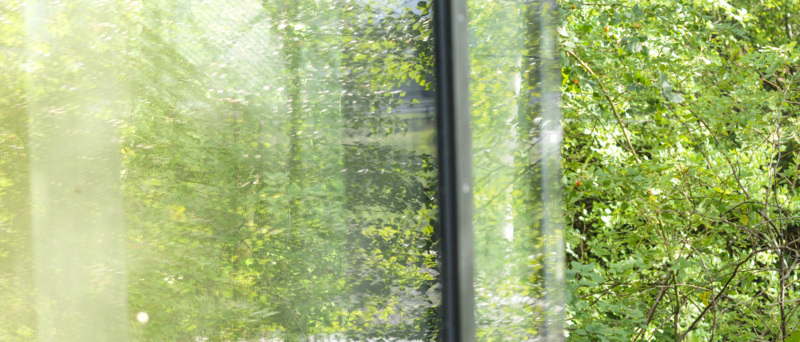
Sustainability and environmental work
Södertörn University works with sustainable development in education and research. Södertörn University also strives to minimise the university's environmental footprint. This work is supported by an environmental management system.
The information on this page is currently being updated.
Sustainable Policy
The sustainability policy should be known by all employees and students at Södertörn University and communicated both internally and externally. The sustainability policy must also be available to stakeholders and should be known by everyone who works on behalf of the university.
Travels, digital meetings and the environment
Here you will find information on how to travel more environmentally friendly and about digital meetings/ video meetings
Office waste management and recycling
If you are unsure about anything related to recycling or waste, consult with the environmental representative in your department/equivalent, Campus support services (info@sh.se), or the Environmental coordinator (miljo@sh.se).
KLARA - the university's chemical management system
KLARA is the chemical management system used by Södertörn University to keep track of its chemicals. KLARA is a product database with risk and safety information for chemical products.
Constant improvement!
Report improvement proposals and deviations in environmental and sustainability work: miljo@sh.se
Information
Questions about page content? Use the contact in the relevant expander.
Want the page updated? - Fill in this form
For other questions, please email info@sh.se

